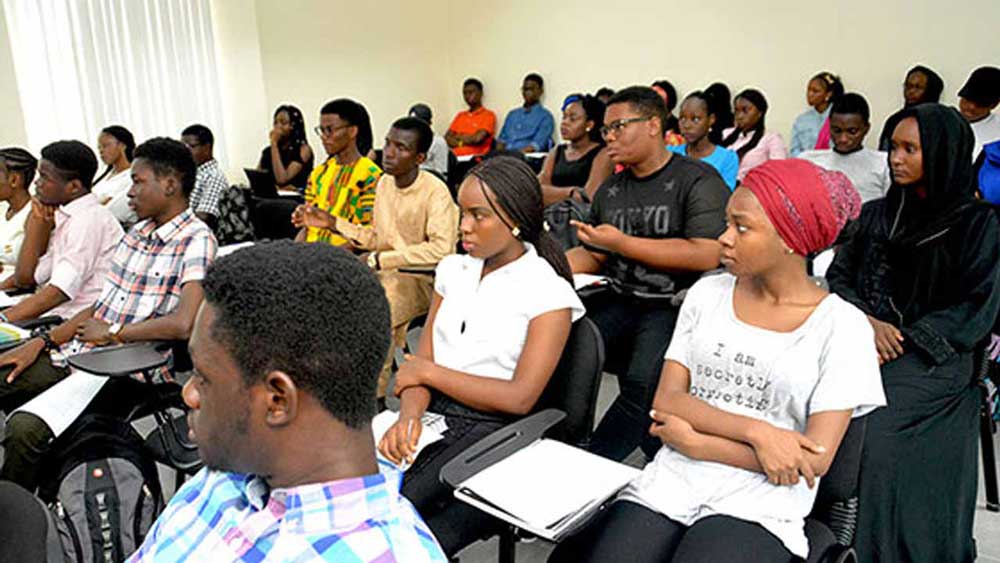As food prices continue to skyrocket across the country, a silent crisis is brewing on Nigerian university campuses. Beneath the surface of lectures and exams, many students are quietly battling hunger, skipping meals, and facing mental health challenges as the cost of living outpaces their means.
From the University of Lagos to Ahmadu Bello University in Zaria, several students who spoke with Thefoliopost under the condition of anonymity described a daily reality shaped by scarcity, anxiety, and hard choices.
“I eat once a day if I’m lucky,” said a 300-level Economics student at the University of Nigeria, Nsukka. “Sometimes I just take garri and water before bed. It’s become normal.”
While hunger on campuses is not new, students say it’s never been this widespread or this severe. According to a student union leader at the University of Benin, “Things got worse after the last fuel hike. The ripple effect hit everything. Food vendors increased their prices, transport doubled, and many of us can’t keep up.”
A Campus Reality Few Talk About
Several cafeterias that once sold budget meals now operate on reduced hours—or have shut down completely. At the University of Ilorin, a once-popular food outlet known for its affordable rice and beans now sells the same plate for nearly double its 2022 price.
“There are days I attend classes on an empty stomach,” a female student in the Faculty of Arts revealed. “I’ve fainted twice, but I didn’t tell anyone it was because I hadn’t eaten.”
Parents Also Feeling the Pressure
Back home, parents many of whom are grappling with stagnant wages say they can no longer meet their children’s needs as they used to. Mr. Sani Abdullahi, a civil servant in Kaduna, said he now prioritizes transport and tuition over feeding allowances.
“I used to send ₦20,000 every month for food. Now even ₦50,000 isn’t enough, and that’s if I can spare it,” he said.
Mental Health Toll Rising
Psychologists warn that prolonged hunger among students can lead to long-term cognitive and emotional damage.
“What we’re seeing is academic burnout combined with physical deprivation,” said Dr. Mfon Bassey, a mental health expert in Calabar. “These students are under enormous pressure, and it’s affecting their well-being.”
A Call for Urgent Action
Student unions across various campuses are now calling on the federal and state governments to intervene through food subsidies, increased bursaries, and meal programs.
“It’s not just about education anymore,” said a Students’ Union representative from Bayero University, Kano. “It’s about survival.”
For now, students continue to find ways to cope forming cooking groups, skipping lectures to work part-time jobs, and depending on charitable donations from NGOs or alumni groups.
The hunger is hidden, but it is real and growing.





